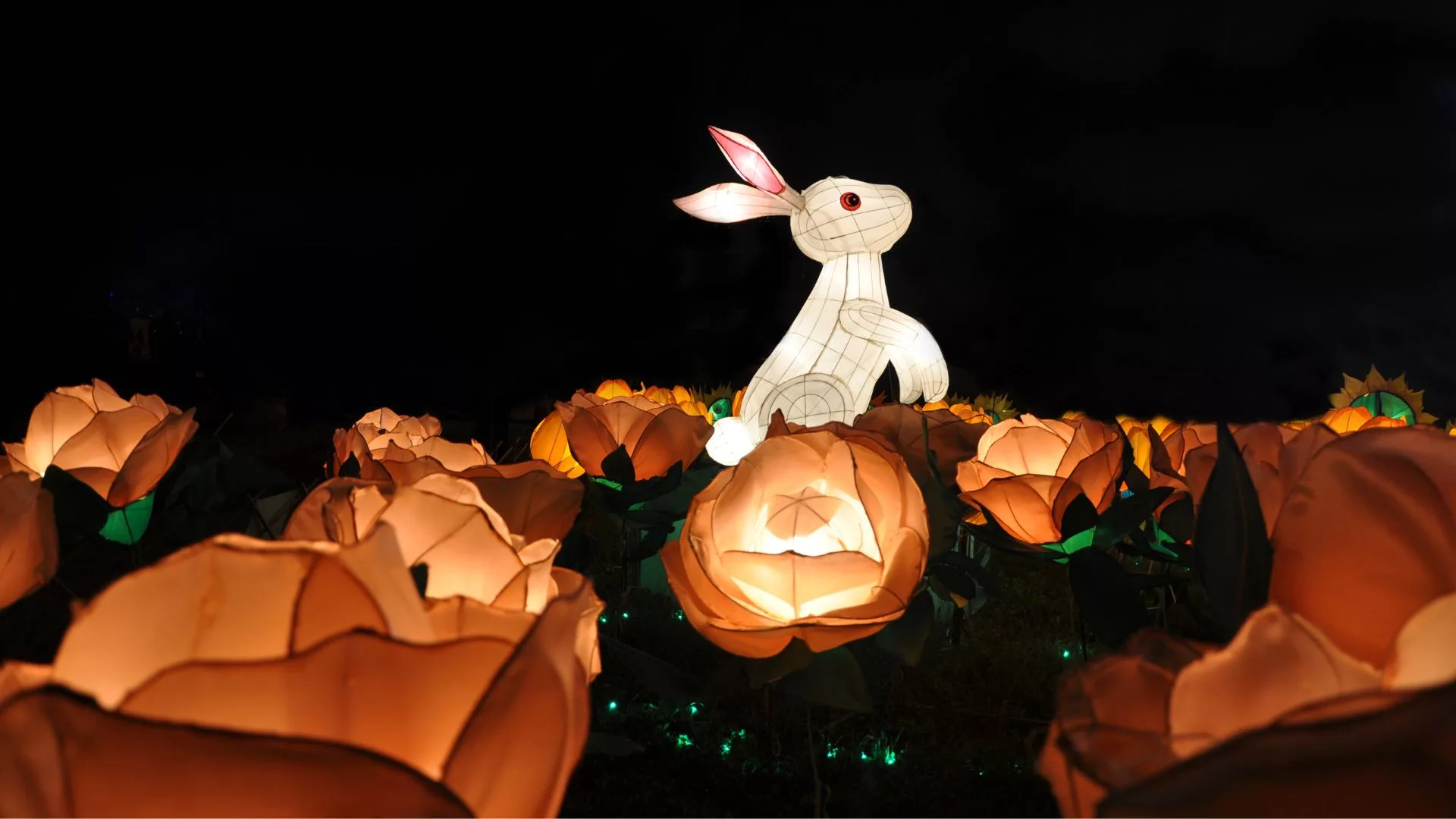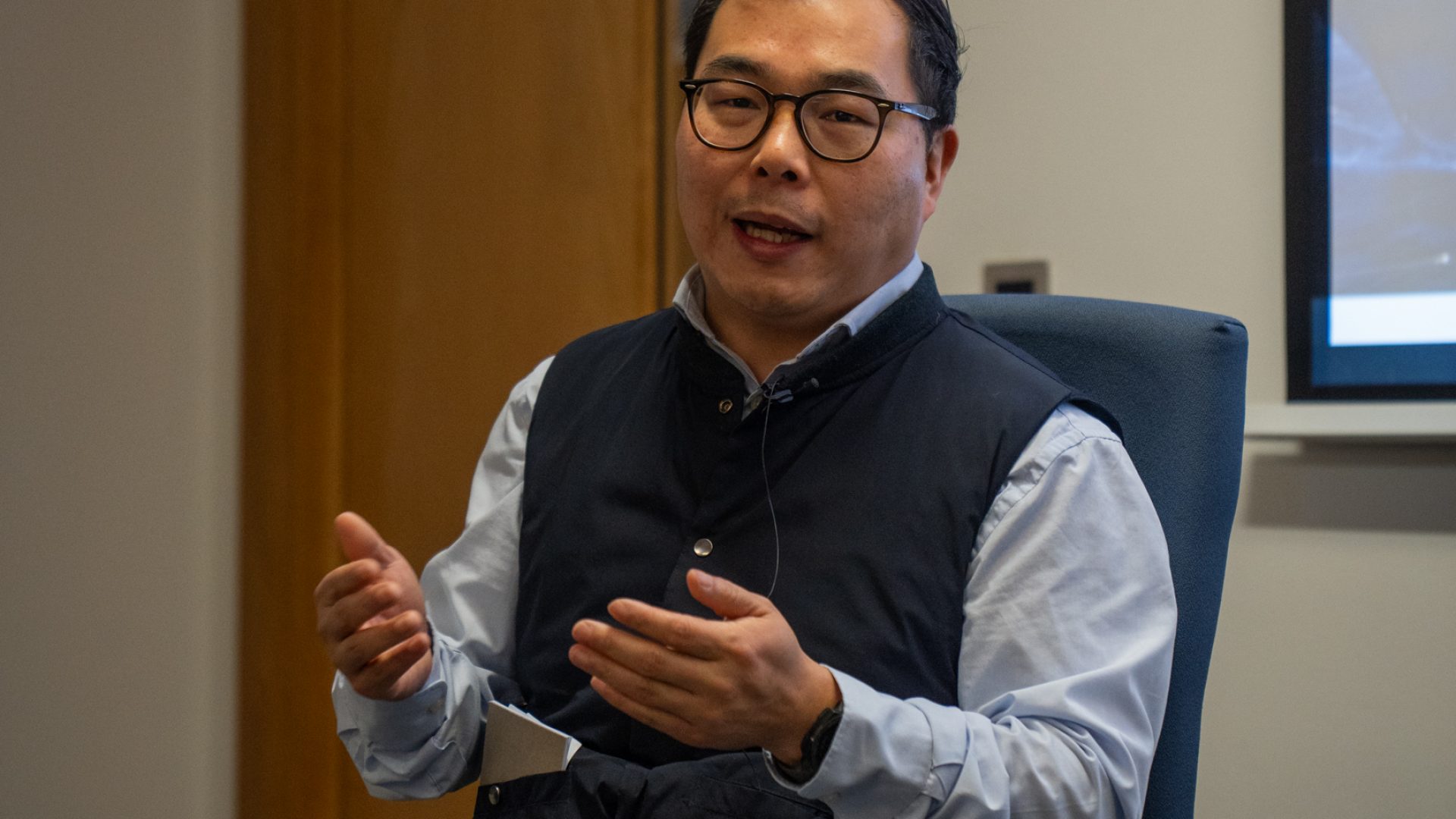Today, 2 billion people across China, South-East Asia, and throughout the global diaspora – including in Scotland – will celebrate Mid-Autumn Festival (Zhongqiu Jie), one of the most important dates in the Chinese folk calendar, on par with Spring Festival (Chunjie), better known to Scots as Chinese New Year.
Originally a harvest festival, it has been celebrated for almost 4000 years, with the first records dating to the early Shang Dynasty (c. 1600 BC – c. 1045 BC). Today, rather like the American Thanksgiving, it is just as focused on family gatherings, feasting, and the opportunity to give thanks – traditionally for the harvest, today for any number of blessings. It’s also a time for romance, from courtship to matchmaking, and often thought to be an auspicious time to announce a marriage or pray for a baby.
The festival is also traditionally marked with fireworks, huge lantern displays, and of course, the sharing and eating of mooncakes – dense, delicious pastries with one or two salted duck eggs in the middle, to represent the moon. In southern China and Vietnam, dragon and lion dances are also popular.
As a lunar festival – like Easter – the date shifts from year to year, but generally falls in mid to late September, during the autumn equinox, when the Moon is at its largest and brightest. Moon-viewing has a long history across East Asia, and the festival is closely associated with one of the most charming – and heartbreaking – stories in Chinese mythology: that of the moon goddess Chang’e, whom people can pray to for good luck.
According to myth, in the ancient past (beyond even the Shang dynasty), there lived an archer of extraordinary ability, Hou Yi, and his wife, Chang’e, who was known for her perfect beauty. One day, ten suns rose in the sky, threatening all life on earth. Hou Yi sprang into action, shooting down nine of the rogue suns, and leaving only one to provide light for growing crops. As a reward for his quick thinking, Hou Yi was given two portions of an elixir that would make him and Chang’e immortal. But before they could take it together, Hou Yi was called away. There are two versions of what happened next.
In the first, Chang’e drank both portions to escape her husband; in the second, Hou Yi’s jealous apprentice Fengmeng broke in and tried to steal the potion. In desperation, Chang’e swallowed both portions, ascending to heaven and becoming immortal. In the second version, Hou Yi, returning home to find his wife gone forever, prepared an enormous feast of her favourite foods before committing ritual suicide.
Either way, Chang’e then chose to live on the moon, in a vast heavenly palace, accompanied only by a rabbit, Yutu, who constantly prepares more of the elixir of life for her while she watches over the earth. This story is why, rather than seeing a man in the moon, people across East Asia prefer to see a rabbit working at a mortar and pestle in the dark shadows of the lunar surface.




